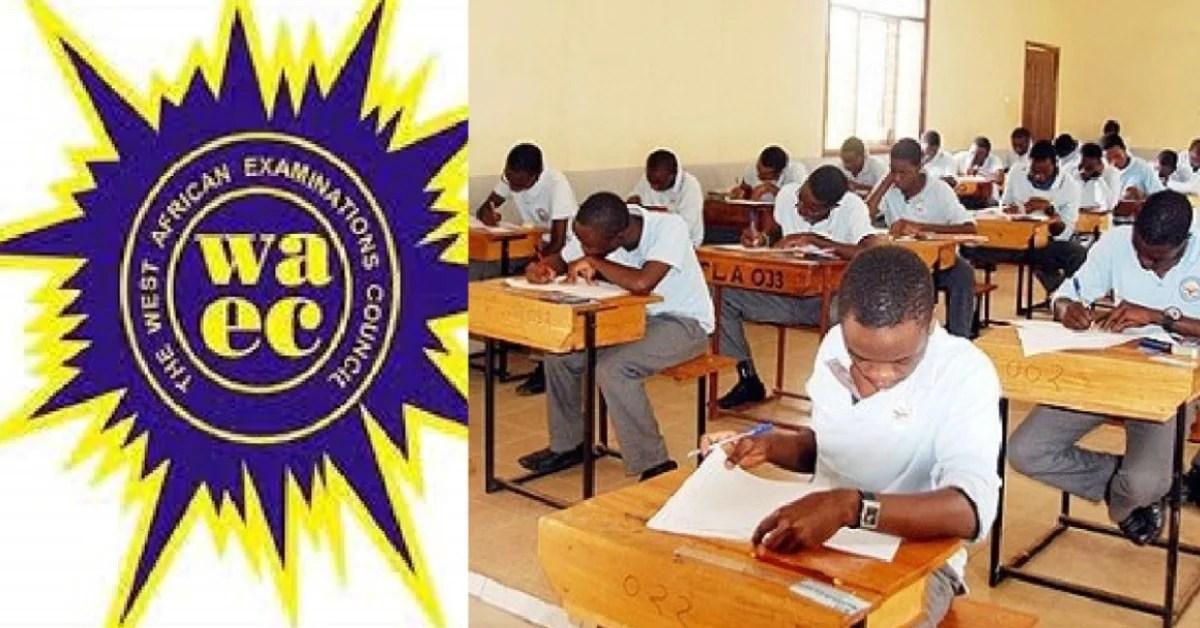Africa-Press – Sierra-Leone. Following the growing crisis regarding the registration of students for the 2025 West African Senior School Certificate Examination (WASSCE), concerns have been raised about the implications of the Sierra Leonean government’s potential disciplinary actions against schools that have failed to register their students.
Dr. David Moinina Sengeh, the Chief Minister, recently expressed that schools neglecting to complete student registrations may face consequences. However, education advocates warned that disciplinary measures could exacerbate the situation, leaving thousands of students without the opportunity to take their exams.
As the registration deadline looms, set to close tomorrow with the exam entry portal in Nigeria shutting down, critics asserted that thousands of students are at risk of being left behind, stating that ramifications of it could be severe, leading not just to individual setbacks but wider societal issues, including increased school dropouts, early pregnancies, rising unemployment, and growing hopelessness among young people. The developments, advocates argued, would further burden the state’s resources and contribute to a broader social crisis.
Critics of the current approach emphasized that leadership should focus on finding solutions rather than imposing punishments. They urge the government to work collaboratively with all involved parties: school authorities, parents, and education advocates, to identify the root causes of the crisis and determine an immediate way forward.
Key issues have been identified, such as poor communication networks, limited information and communication technology (ICT) skills among school authorities, and administrative inefficiencies. Critics furthered that addressing those challenges is critical, as imposing harsh sanctions now could worsen the environment for education in the country.
Questions surrounding the possibility of negotiating an extension with the West African Examinations Council (WAEC) and the potential for an alternative registration process are now at the forefront of the conversation. Advocates stressed that those matters require urgent attention to prevent further impact on students’ futures.
Ibrahim Foday Sesay, an educationist, emphasized the importance of a supportive and collaborative strategy, urging the government not to allow bureaucratic hurdles to destroy the educational aspirations of its children. He quoted Malcolm X, stating, “Education is the passport to the future, for tomorrow belongs to those who prepare for it today.”
The call to action was clear as he urged the Sierra Leonean government to act decisively to ensure that every student is granted the opportunity to sit for their exams.
For More News And Analysis About Sierra-Leone Follow Africa-Press






